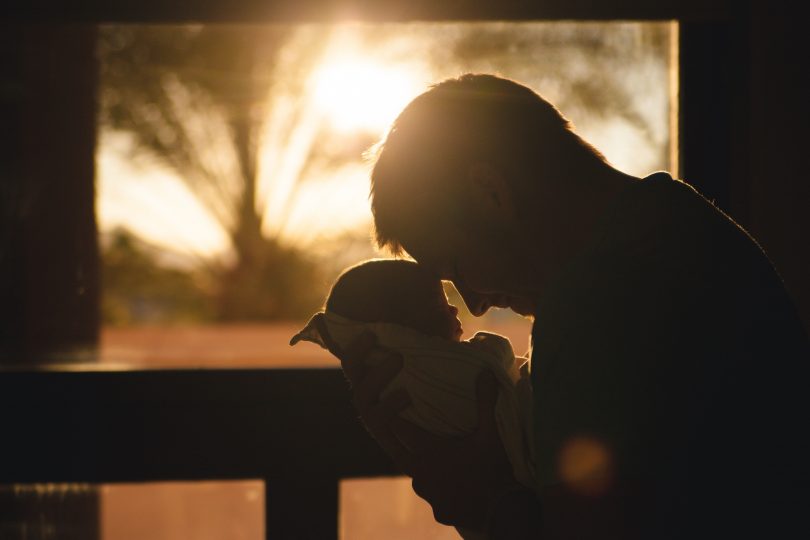Discover how your baby will develop in its first month.
After the big birth, it’s understandable to be anxious about whether your baby is developing correctly. This simple guide will explain how your baby will develop over the first month of their life.
If your baby was born premature
It’s important to note that those who are born prematurely will take a little longer to develop than most babies. When your child is born prematurely your doctor will give them two ages. One is their actual age, the other is a corrected age which will be calculated from their due date. You should check how your baby is developing by referring to their corrected age.
Uncurling
Your bay will take time to be able to uncurl their arms and legs, so don’t worry if they look scrunched up. They will learn to fully extend their limbs as they get used to being outside the womb.
Feeding and sleeping pattern
It will take six to eight weeks for your baby to get into a regular pattern of feeding and sleeping. In the first few days of their life they’ll want eight to 15 feeds a day. After a week or so, this will decrease to six to eight. Their sleeping will also be variable at first. They’ll probably want to sleep 16 or 17 hours a day at first, broken up into about eight naps.
Sight
At this point, your baby will not be able see very well. Their range vision will only be about 20-30cm, which means they will only be able to see the person holding them clearly. You should hold them close to you, as they will find your facial features fascinating. In time, this will also give your baby the opportunity to copy your facial expressions.
Crying
Yes, your baby will cry a lot during this time. At this early stage, it’s their only means of communication. It doesn’t mean that they’re always upset. They may cry from being overstimulated. It will help to speak gently and hold them upright and close to your body. Your baby will also be calmed by caresses, kisses and rocking or carrying. Crying can also be their way of telling you they’re hungry and need to be breastfed.
Play
They can’t use their body to interact with much at this stage, but they will still enjoy being stimulated. This play time will help them develop. Your baby will enjoy noises and highly contrasted colours. They will like pictures with heavy contrasts, musical mobiles and toys that make noises like rattles. Don’t overdo it though – when your baby shows signs of being overstimulated or tired, it’s time to stop. Signs will include yawning, looking away and crying.








